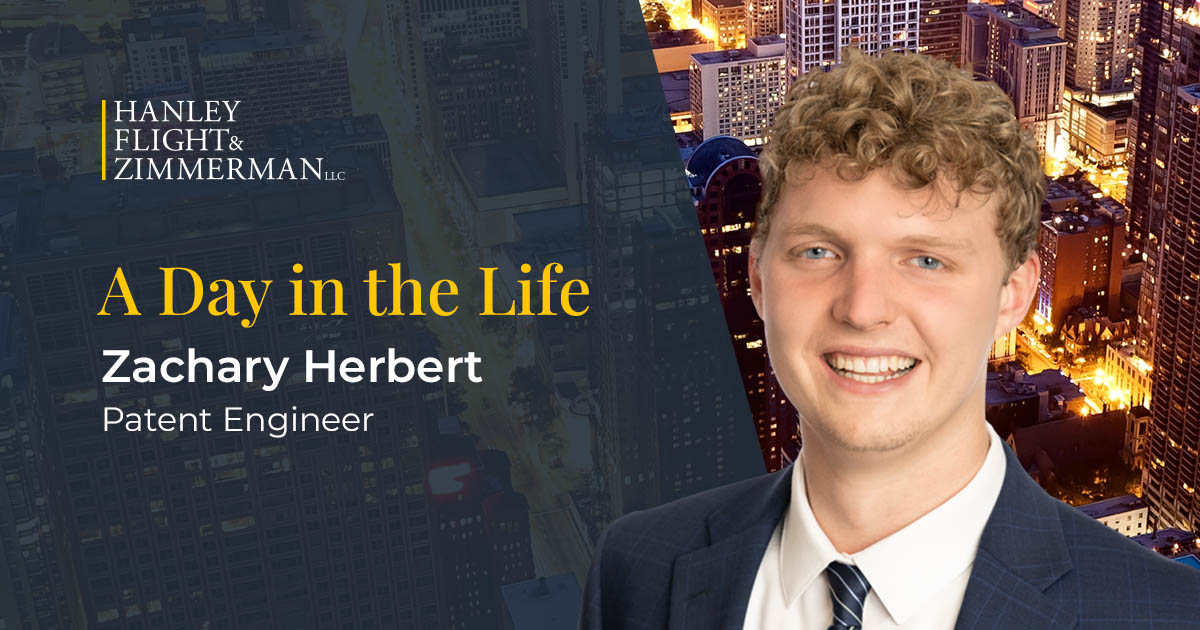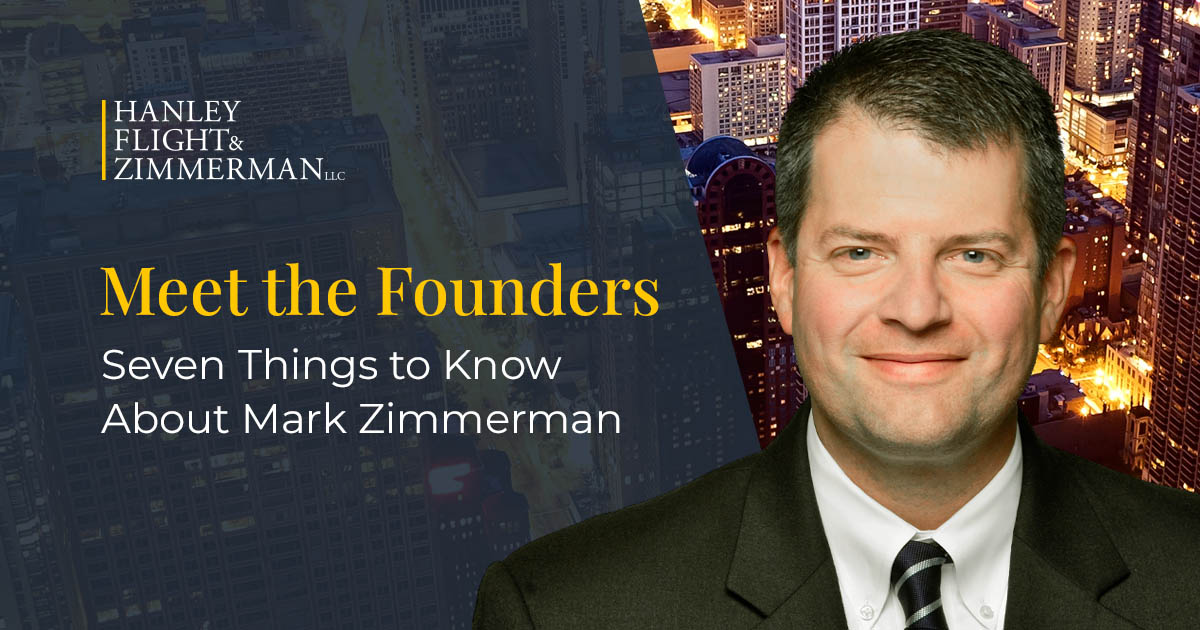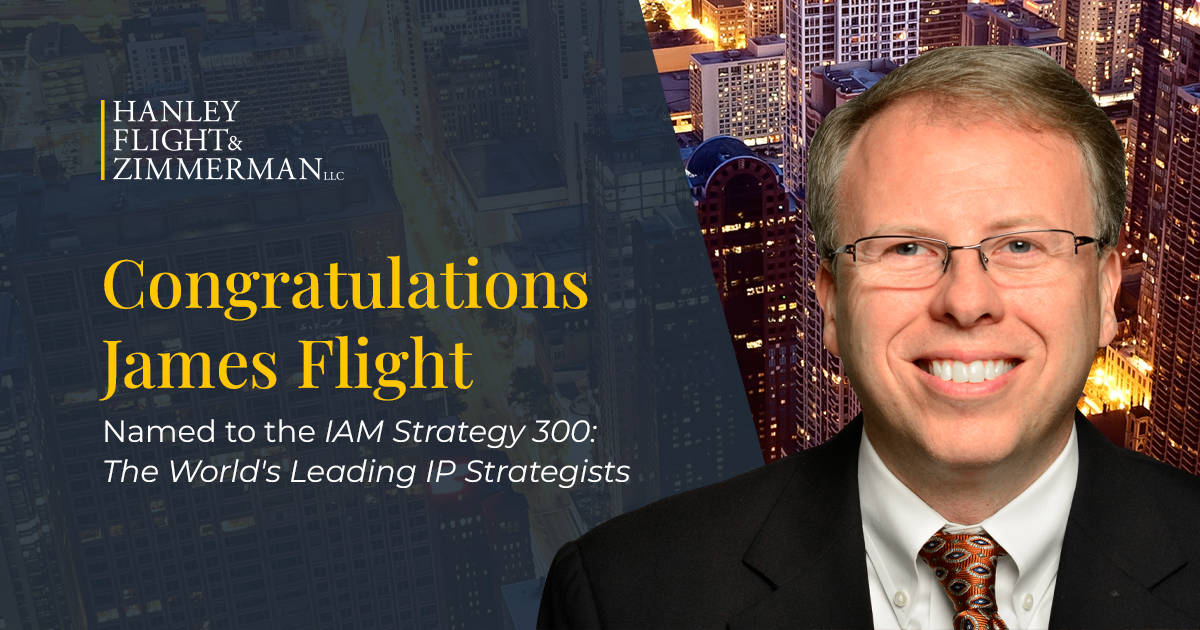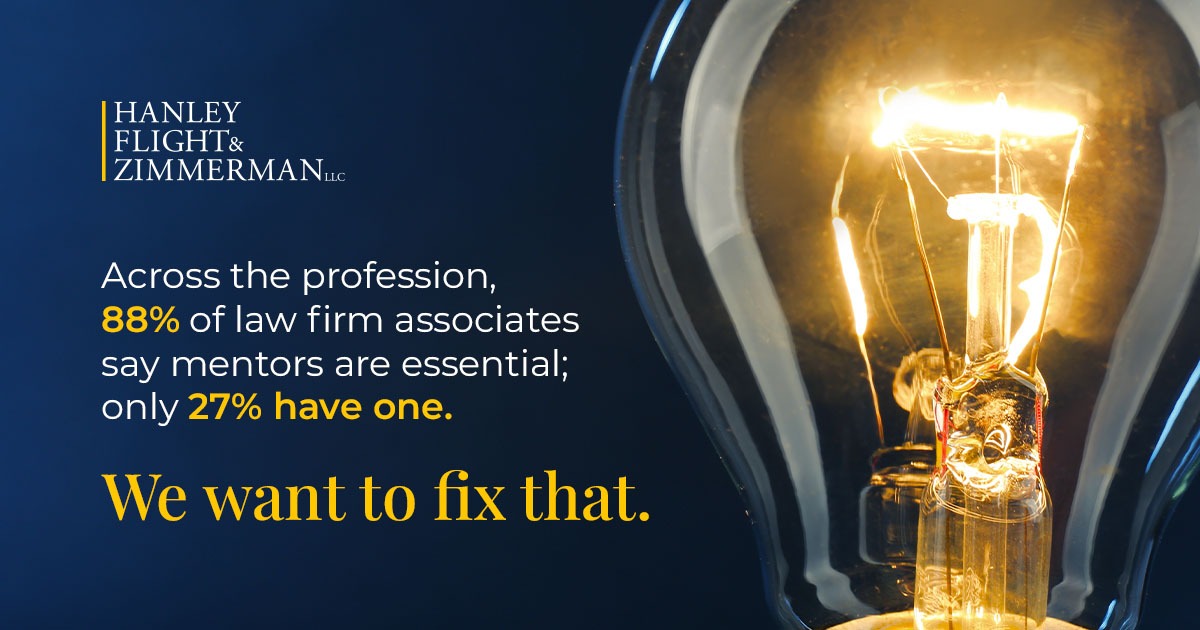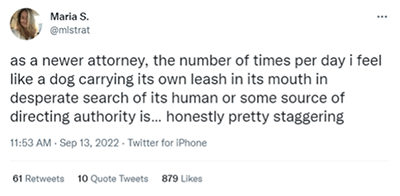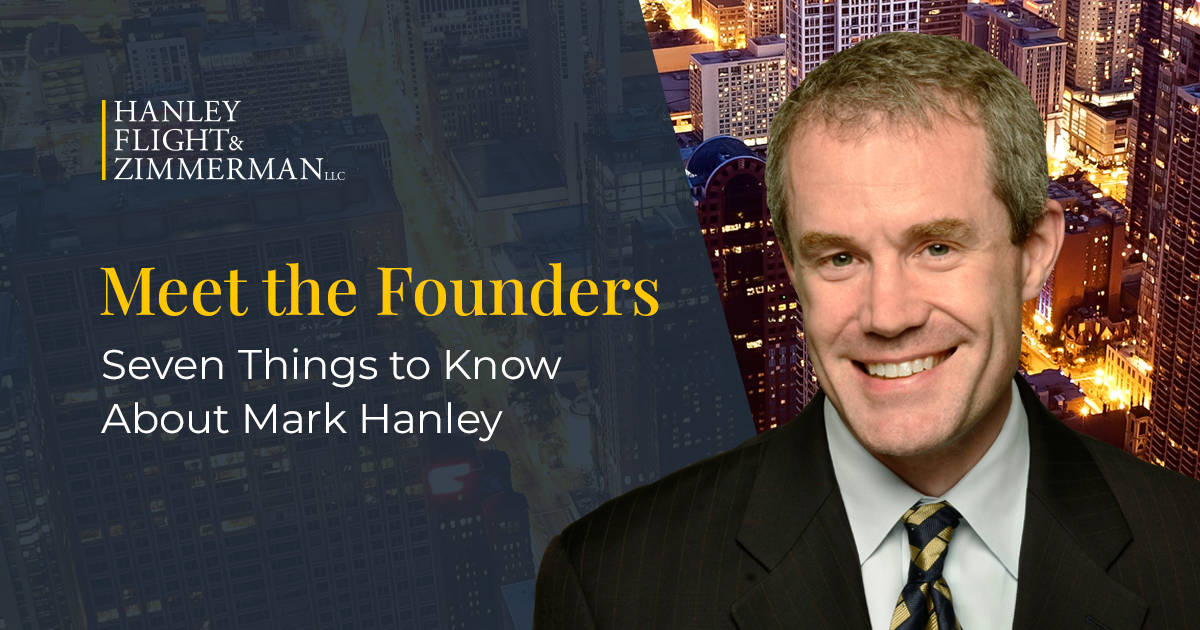In the world of patent prosecution, no two days are exactly the same. However, there is a cadence to the work. What does a “typical” day look like at Hanley Flight & Zimmerman? Let’s join Patent Engineer Zachary Herbert for a day in his work life.
How It Started
Zachary graduated from Purdue University in May 2022 with his bachelor’s degree in Aeronautical and Astronautical engineering – a strong technical foundation. Additionally, Zachary interned with HFZ for two summers prior to joining full-time, so he was ready to hit the ground running this summer.
How It’s Going
Zachary starts each day reviewing his docket of work to identify high-priority items and plan his day. Depending on the day, he may be in his home or at the HFZ office in downtown Chicago. Like many of his colleagues, Zachary makes the most of a flexible work schedule to choose the best location for the day, depending on the type of task or collaboration needed.
The work of Patent Engineers like Zachary is a vital part of the patent process. They dig into inventions to understand what patent protection may be available. Patent Engineers also provide detailed examples of how to build and use the invention in the patent application itself, working with the inventor to better understand the product or process to develop the specification with alternative approaches.
Throughout the day, Zachary can take on a variety of patent prosecution tasks. He may participate in Patent Examiner interviews with HFZ attorneys or work with inventors to properly explain and define their inventions. His day typically includes writing, be it drafting patent applications with the support of senior patent attorneys; preparing Office Action Responses; or incorporating feedback from other members of the HFZ team on the project. When in the office, Zachary can grab lunch with his teammates or take a walk along the river for a quick break to recharge mid-day.
Where He’s Headed
While Zachary joined HFZ following two successful internships, continuing his career growth is an important part of his job. Zachary has regular meetings with his mentor, Mark Hanley. HFZ’s mentorship program was intentionally crafted to help new patent engineers build relationships, receive meaningful and timely feedback, and make the most of their first year in practice. The supportive environment is part of why Zachary chose to stay with HFZ following his internships.
Like many early-career Patent Engineers, Zachary focuses on his career path after hours as well. He has been applying to law school, which he will start next fall. Attending law school while working can be challenging, so having the mentorship of seasoned professionals that have been through the process is essential.
Off the Clock
While his degree in Aeronautical and Astronautical engineering means Zachary is interested in how things fly, he also enjoys the end product. Zachary is working to obtain his Private Pilot License. Physical activity is another key part of Zachary’s day; he stays active either rock climbing or going for a run. He finds that consistent effort helps him stay focused, energetic and ready for the next challenge.

